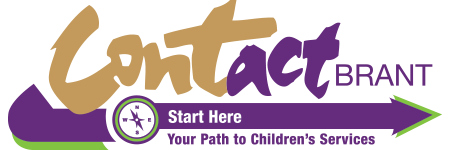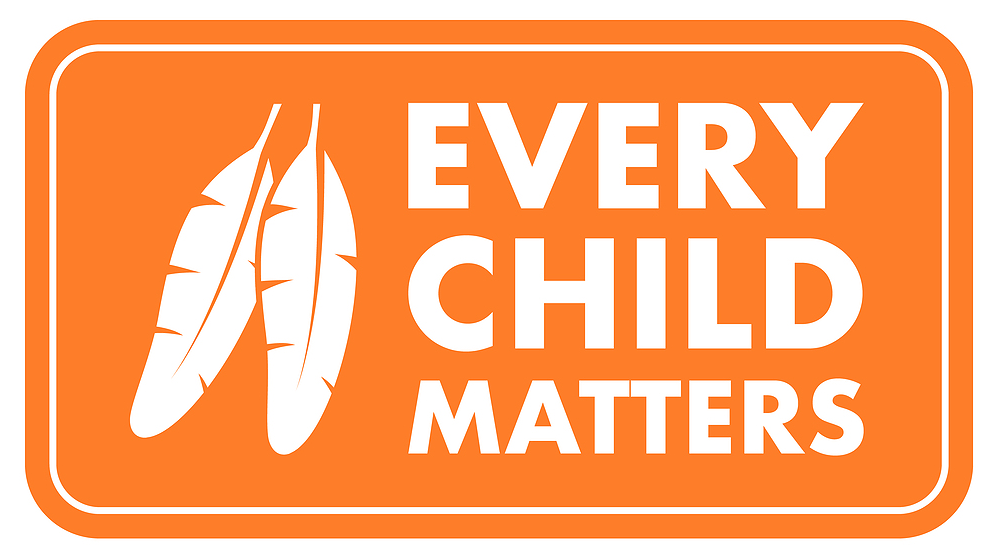Customer Service Policy
PREAMBLE
Contact Brant is committed to giving people with disabilities the same opportunity of access to our services and in a similar way that these services are available to all others we serve. Contact Brant will abide by the provisions of the Accessibility for Ontarians with Disabilities Act, as well as the Accessibility Standards for Customer Service Regulation (AODA regulation 429/07). Contact Brant is committed to providing services to clients, families, the public, and staff that are free of barriers and biases. (Also see Confidentiality Policy; Complaints Policy)
Following are definitions of the four principles of customer service:
- Dignity: Service is provided in a way that allows the person with a disability to maintain self-respect and the respect of other people. A person with a disability is as deserving of effective and full service as any other customer; Service delivery needs to take into account how people with disabilities can effectively access and use services and show respect for these methods.
- Independence: Service is provided in a way when a person with a disability is allowed to do things on their own without unnecessary help or interference from others. Independence means freedom from control or influence of others – freedom to make your own choices. In other situations, it may mean the freedom to do things in your own way. People who may move or speak more slowly should not be denied an opportunity to participate in a program or service because of this factor. A staff person should not hurry them or take over a task for them if they prefer to do it themselves in their own way.
- Integration: Service is provided in a way that allows the person with a disability to benefit from the same services, in the same place, and in the same or similar way as other customers, unless an alternate measure is necessary to enable a person with a disability to access goods or services. Sometimes integration does not serve the needs of all people with disabilities. Alternative measures, rather than integration, might be necessary because the person with a disability requires it or because you cannot provide another option at the time. If you are unable to remove a barrier to accessibility, you need to consider what else can be done to provide services to people with disabilities.
- Equal Opportunity: Service is provided in a way to a person with a disability in such a way that they have an opportunity to access your goods or services equal to that given to others. They should not have to make significantly more effort to access or obtain service. They should also not have to accept lesser quality or more inconvenience.
Following is a description of assistive devices:
- Assistive devices: are used by people with disabilities to help with daily living and include a broad range of products such as wheelchairs, walkers, white canes, oxygen tanks, portable chalk boards and electronic communication devices that people may bring to the premises.
The Ontario Human Rights Code defines ‘disability’ to include both visible and non-visible disabilities such as:
- Physical disabilities
- Vision disabilities
- Deafness or being hard of hearing
- Intellectual or developmental disabilities
- Learning disabilities
- Mental health disabilities
POLICY
Contact Brant will provide an environment in its facilities that reflects and values diversity, dignity, independence, integration and equal opportunity.
Staff and volunteers’ conduct will demonstrate that we value diversity, dignity, independence, integration and equal opportunity for our clients, families, the public, staff and volunteers.


